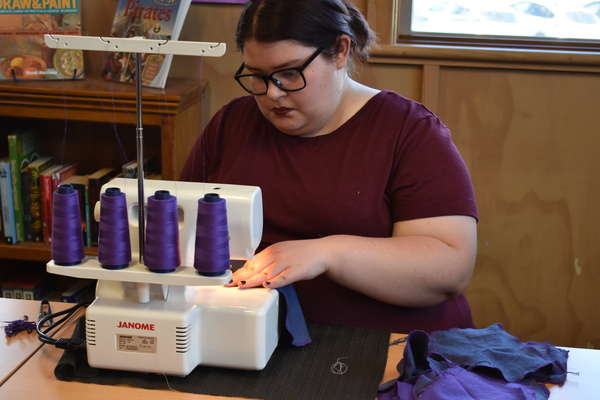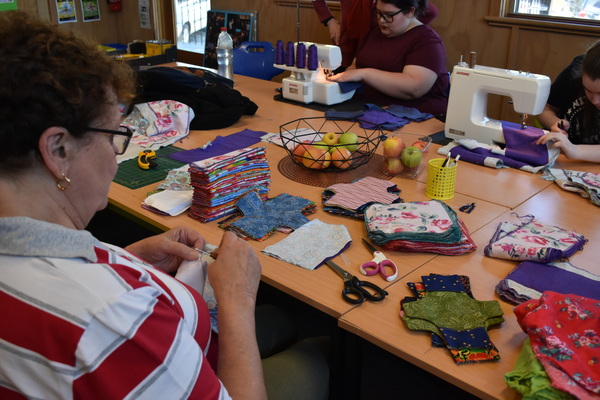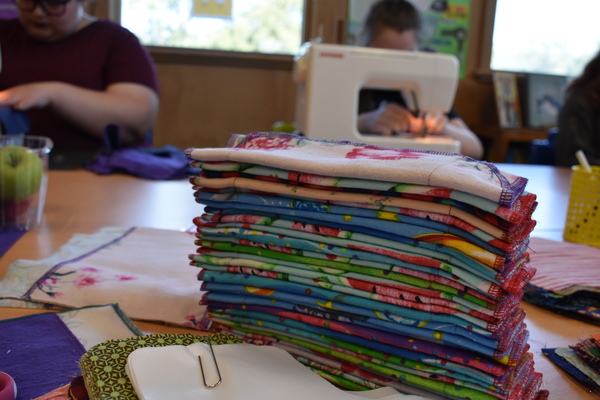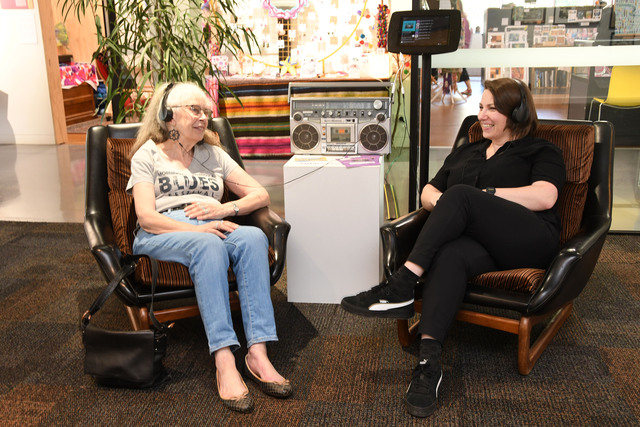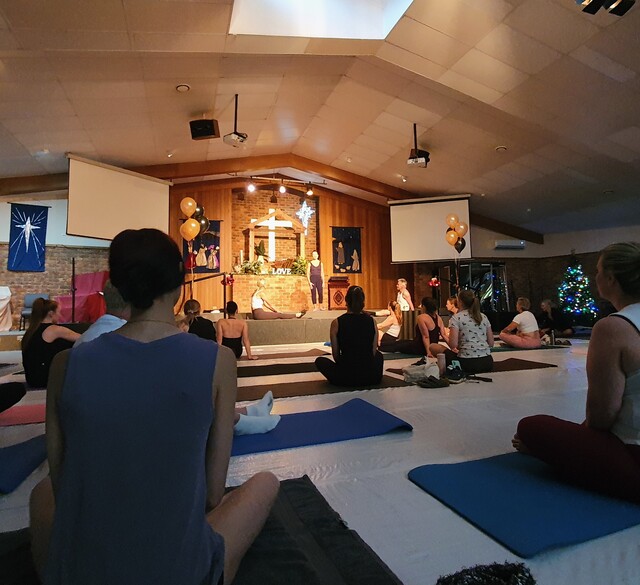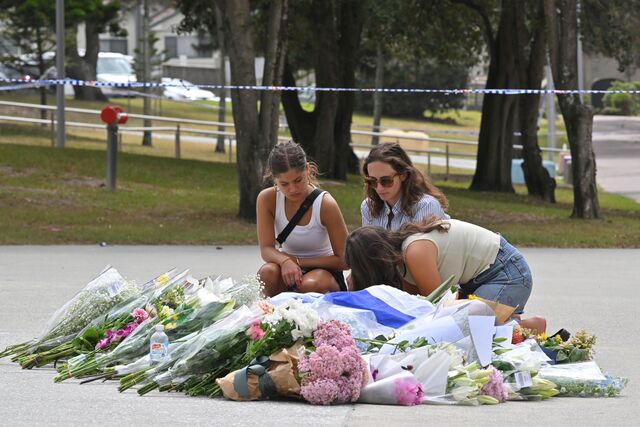Cire Community School has come up with a unique way to both develop their students and contribute to a global project for girls in developing countries. The school has become part of ‘Days for Girls’, an international project that has helped more than one million girls with menstrual health in developing countries.
Cire VCAL Foundation teacher, Willa Vale said that they were looking for projects their students could get involved in when they came across Days for Girls.
“One of our aims is to find projects that build social awareness and give the students practical skills at the same time,” she said. “This started when we became aware of a Wandin woman, Lorena Hayes who was already involved facilitating a group from her home studio.”
The main activity is to sew reusable cloth menstrual pads to include in the kits that Days for Girls distributes. This means that girls are able to attend school without disruption and with dignity in more than 120 countries on six continents.
With fellow teacher Karen Swankie, Ms Vale met with Lorena Haynes and the Cire involvement blossomed from there. The school invested in sewing equipment and started the classes as a Friday afternoon elective, which will become a full day program in 2019.
“We have a big focus on developing teamwork and leadership skills and this project has been great for that. We also want to expose the students to the world around them and increase their social awareness and Days for Girls has allowed them to see beyond their own little bubble and relate to other peoples experiences of the world.
Lorena Hayes facilitates the project at Cire on Fridays and with other members of her group mentors the students in developing their sewing skills. “It is wonderful working with the Cire students,” she said. “They are super keen and have really been applying themselves to learn new skills to help girls in developing countries, it is so lovely to see.”
One of the students, Megan said, “It makes me feel good because we are helping less privileged people who would otherwise be unable to access education.”

